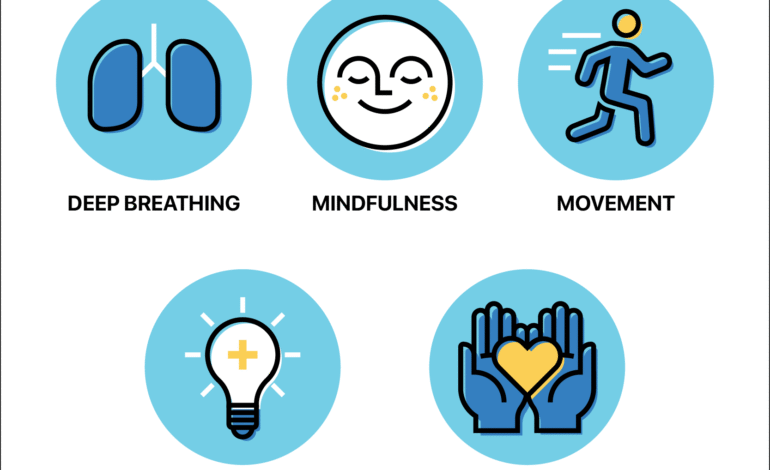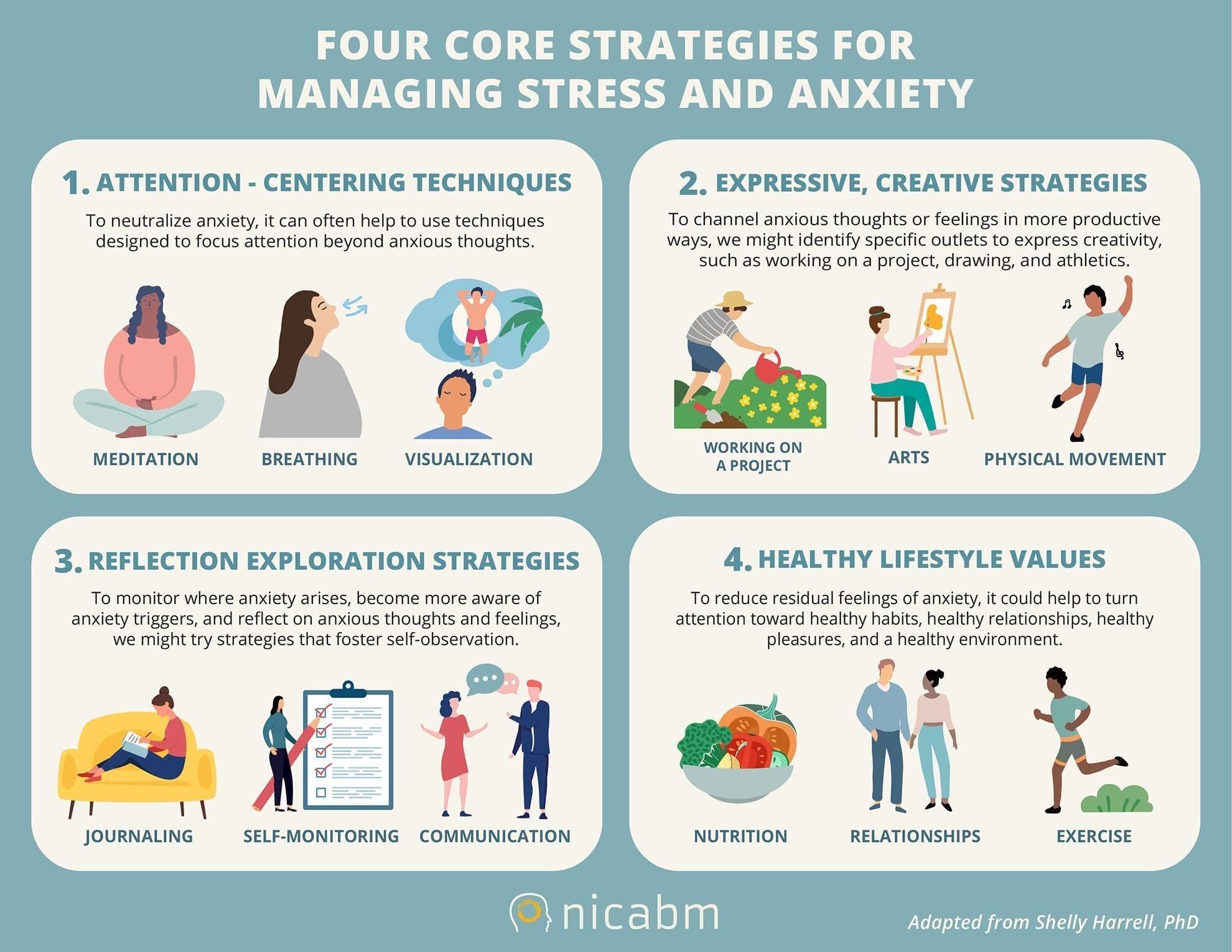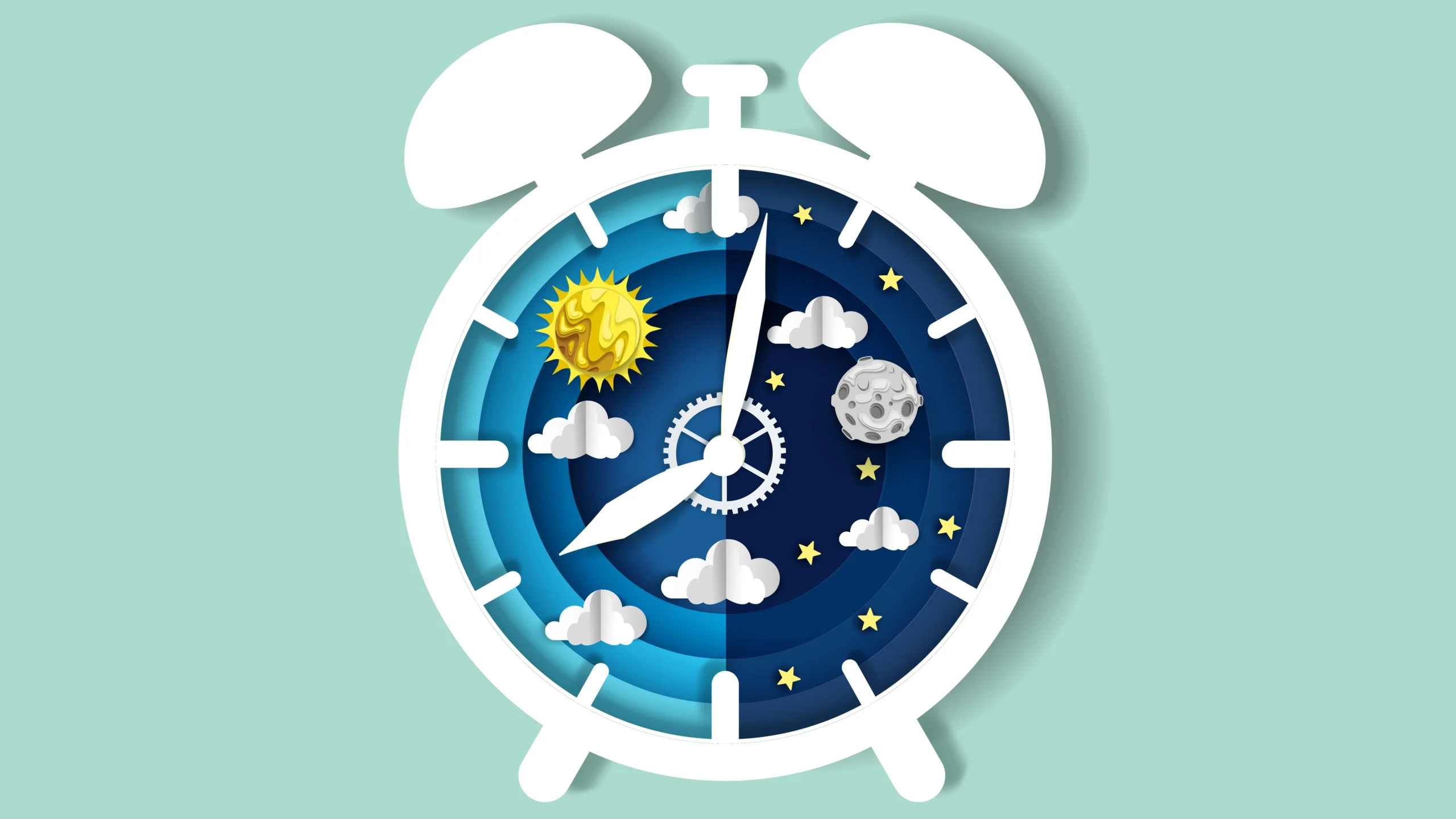Healthy Ways to Manage Stress & Anxiety

Navigating the Storms Within: A Guide to Managing Stress and Anxiety
We all experience stress and anxiety at some point in our lives. It’s a natural response to challenging situations, demanding schedules, or simply the complexities of modern living. However, when these feelings become persistent, overwhelming, or start impacting our daily functioning, it’s crucial to take action. This post will explore healthy ways to manage stress and anxiety, equipping you with practical techniques and emphasizing the importance of knowing when to seek professional support.
Understanding Stress and Anxiety: What’s Happening in Your Body and Mind?
Before diving into coping mechanisms, it’s helpful to understand what stress and anxiety actually *are*. Stress is your body’s way of responding to demands. It can be triggered by a wide range of things – work deadlines, financial worries, relationship issues, or even seemingly minor inconveniences. Your body reacts with the release of hormones like cortisol, which prepare you for action (the “fight-or-flight” response). While short bursts of stress can be motivating and help us perform at our best, chronic stress takes a toll.
Anxiety is often linked to stress but has its own distinct characteristics. It’s characterized by feelings of worry, fear, or nervousness that are disproportionate to the situation. It can manifest as physical symptoms like rapid heartbeat, shortness of breath, muscle tension, and digestive issues. Unlike stress which usually has a clear trigger, anxiety can sometimes feel more diffuse and lingering.
Healthy Coping Mechanisms: Your Toolkit for Calm
Now, let’s move on to the good stuff – practical techniques you can use to manage your stress and anxiety. These aren’t quick fixes but rather tools that build resilience over time with consistent practice. Remember, finding what works best is a personal journey; experiment and see what resonates with you.
Deep Breathing Exercises: Anchoring Yourself in the Present
Deep breathing is incredibly powerful because it directly impacts your nervous system, shifting it from “fight-or-flight” to a more relaxed state. Try this simple exercise: Find a comfortable position (sitting or lying down). Inhale slowly and deeply through your nose, allowing your belly to expand. Hold for a few seconds, then exhale slowly through your mouth, feeling the tension leave your body. Repeat this several times, focusing solely on your breath.

Progressive Muscle Relaxation: Releasing Physical Tension
Progressive muscle relaxation (PMR) involves systematically tensing and releasing different muscle groups in your body. This helps you become more aware of physical tension and learn to release it consciously. Start with your toes, tense the muscles for 5-10 seconds, then slowly release the tension, paying attention to the sensation of relaxation. Work your way up through your feet, calves, thighs, abdomen, chest, arms, hands, shoulders, neck, and face.
Mindfulness Meditation: Cultivating Awareness
Mindfulness meditation is a practice that involves focusing on the present moment without judgment. It helps you become more aware of your thoughts and feelings without getting carried away by them. There are many ways to practice mindfulness; a simple technique is finding a quiet space, sitting comfortably, and paying attention to your breath or bodily sensations. When your mind wanders (and it will!), gently guide your attention back to the present.
Spending Time in Nature: The Healing Power of the Outdoors
Connecting with nature has been shown to have numerous benefits for mental health. Whether it’s a walk in the park, hiking in the woods, or simply sitting under a tree, spending time outdoors can lower stress hormones and improve mood. The sights, sounds, and smells of nature are inherently calming.
Engaging in Enjoyable Hobbies: Reclaiming Joy and Purpose
Making time for hobbies you enjoy is crucial for managing stress and anxiety. Whether it’s painting, playing music, reading, gardening, cooking, or anything else that brings you joy, these activities provide a sense of purpose and escape from the pressures of daily life. Schedule dedicated time for your hobbies – treat them as important appointments.
Physical Activity: Moving Your Way to Calm
Exercise is a fantastic stress reliever. Physical activity releases endorphins, which have mood-boosting effects. Find an activity you enjoy—dancing, swimming, yoga, or simply taking a brisk walk—and aim for at least 30 minutes most days of the week.
Beyond Self-Care: When to Seek Professional Help
While these coping mechanisms can be incredibly effective, it’s important to recognize that sometimes they aren’t enough. Seeking professional help is a sign of strength, not weakness. If you are experiencing any of the following, consider reaching out to a therapist or mental health professional:
- Persistent feelings of anxiety or worry
- Difficulty sleeping or concentrating
- Loss of interest in activities you used to enjoy
- Changes in appetite or weight
- Feelings of hopelessness or despair
- Thoughts of self-harm
Therapists can provide a safe and supportive space to explore the root causes of your anxiety, learn more advanced coping strategies (like Cognitive Behavioral Therapy – CBT), and develop personalized plans for managing your mental health. Don’t hesitate to reach out—help is available.
Building Long-Term Resilience: A Holistic Approach
Managing stress and anxiety isn’t a one-time effort; it’s an ongoing process of building resilience. Alongside the techniques mentioned above, consider these long-term strategies:
- Prioritize Sleep: Aim for 7-9 hours of quality sleep each night.
- Maintain a Healthy Diet: Nourish your body with wholesome foods.
- Limit Caffeine and Alcohol: These substances can exacerbate anxiety symptoms.
- Set Boundaries: Learn to say no to commitments that overwhelm you.
- Practice Self-Compassion: Be kind to yourself—everyone struggles sometimes.
By incorporating these strategies into your daily life, you can create a foundation for greater emotional well-being and navigate the challenges of life with more resilience and calm.
Resources
If you’re struggling with stress or anxiety, here are some resources that can help:
- The National Alliance on Mental Illness (NAMI): https://www.nami.org/
- The Anxiety & Depression Association of America (ADAA): https://adaa.org/
- Crisis Text Line: Text HOME to 741741
Remember, you’re not alone in this journey. Take care of yourself.



